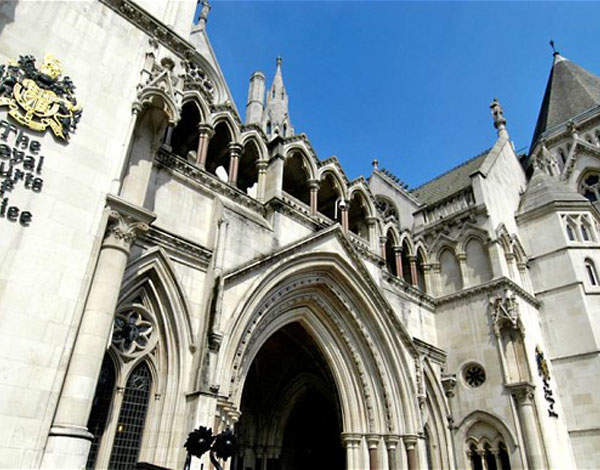

Henry Fielding wrote in The History of Tom Jones, a Foundling, ‘It is not enough that your designs, nay that your actions, are intrinsically good, you must take care they shall appear so.’
There have been a number of decisions recently where acting with the best of intentions, but without considering the legal foundation for those actions, has led to unexpected reprimands by the courts (and associated legal costs). To take Fielding’s phrase a little further, your actions must be intrinsically good, but even if they also appear to be good, this will not necessarily assist you unless they are backed up by the necessary legal authority.
In one recent case‚ a cautionary tale when trying to do one’s best for an elderly relative‚ a caring daughter found herself inadvertently burdened with legal fees of over £70,000 through looking after the affairs of her incapacitated mother, but without the benefit of a Lasting Power of Attorney (LPA) in her favour. What began as an informal family discussion over lunch as to how this lady would be cared for in future ended in costly, unnecessary and acrimonious litigation which benefited no-one.
The daughter’s behaviour in relation to the physical care of her elderly mother (who was suffering from progressive dementia) was acknowledged by the court as being devoted and excellent. What caused the rift, unsurprisingly, was the financial care.
The son, having absented himself both from the caring and the decisions in the early days, became suspicious of his sister’s dealings with their mother’s money.
There was no financial impropriety, fraud or deception on the part of the daughter, however when she sold her mother’s house and arranged for her mother’s pension and state benefits to be diverted into her own account to fund her care arrangements, she had acted without any legal authority in the form of a Lasting Power of Attorney (‘LPA’), court-approved deputyship, or even professional legal advice. The upshot was extensive personal liability for the daughter, who had no right of reimbursement from her mother’s estate.
Had the family been able to re-write history, the mother could have been advised to execute LPAs in favour of the daughter (or perhaps the son and daughter jointly) which would have given the attorney(s) proper legal authority to make decisions on behalf of the mother. More importantly, any third party, such as a bank or indeed solicitors acting on the sale of the property would have been able to rely on instructions given by the attorney(s).
However, although these documents were supposedly designed to be completed without having to get lawyers involved, the complexity of the forms, the very precise steps involved and 87-page guidance booklets may lead anyone who is not familiar with the forms to conclude that the value of preserving of one’s own sanity is considerably greater than a reasonably priced solicitor’s fee for filling them in on your behalf.
An LPA is not carte blanche to the relatives of an elderly person to do whatever they want, as it is incumbent on the attorneys to act in the best interests of the donor and subject to restrictions and conditions imposed by the donor and the law. However, it goes a long way to protecting not only the donor, but also those who are looking after his or her affairs.
Sophie Mazzier is Counsel at private wealth boutique law firm Maurice Turnor Gardner LLP






